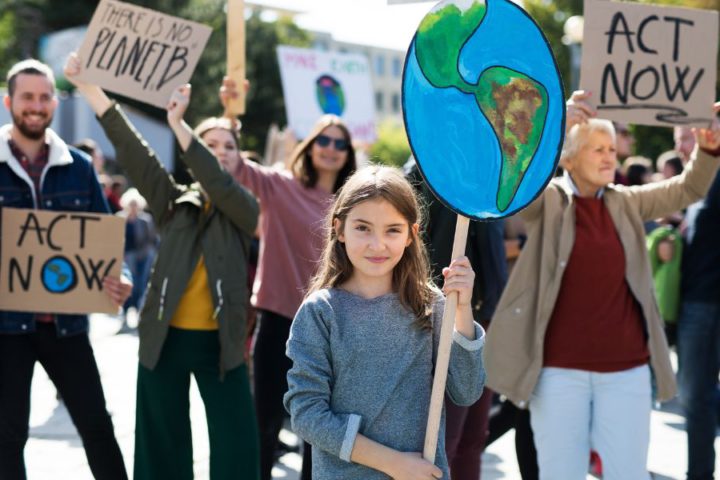Key Takeaways
Privilege examples are instances where certain individuals or groups have advantages or benefits based on their social, economic, or cultural status. Privilege can manifest in various forms, such as racial privilege, gender privilege, or class privilege. It is important to recognize and understand privilege in order to address systemic inequalities and work towards a more equitable society.
Understanding Privilege
Privilege refers to the advantages and benefits that certain individuals or groups have based on their social, economic, or cultural status. It is important to note that privilege is not something that individuals necessarily choose or actively seek, but rather a result of societal structures and systems that favor certain groups over others.
One example of privilege is racial privilege, where individuals who belong to the dominant racial group in a society have certain advantages and benefits that are not available to individuals from marginalized racial groups. For instance, white privilege is a form of racial privilege that grants advantages to white individuals in areas such as education, employment, and law enforcement.
Another example of privilege is gender privilege, which refers to the advantages and benefits that individuals of a certain gender have over individuals of other genders. In many societies, men have historically held positions of power and authority, resulting in male privilege. This privilege can manifest in various ways, such as higher wages, greater representation in leadership roles, and less societal pressure to conform to certain beauty standards.
Class privilege is yet another form of privilege, where individuals from higher socioeconomic classes have advantages and benefits that are not accessible to individuals from lower socioeconomic classes. This can include access to quality education, better healthcare, and greater opportunities for career advancement.
Examples of Privilege
Privilege can be observed in various aspects of life, including education, employment, and everyday interactions. Here are some examples of privilege in different contexts:
Education: Students from privileged backgrounds may have access to better schools, resources, and extracurricular activities, giving them an advantage in terms of academic achievement and college admissions.
Employment: Privileged individuals may have connections or networks that provide them with job opportunities, while individuals from marginalized backgrounds may face barriers in accessing the same opportunities.
Healthcare: Privilege can also be seen in healthcare, where individuals with higher socioeconomic status may have better access to quality healthcare services and insurance coverage, while those from lower socioeconomic backgrounds may struggle to afford necessary medical care.
Justice System: Privilege can influence the way individuals are treated within the justice system. For example, individuals with privilege may receive more lenient sentences or be less likely to be targeted by law enforcement compared to individuals from marginalized communities.
Everyday Interactions: Privilege can also manifest in everyday interactions and experiences. For instance, individuals with privilege may not have to worry about being discriminated against or facing microaggressions based on their race, gender, or sexual orientation.
Addressing Privilege
Recognizing and understanding privilege is the first step towards addressing systemic inequalities and working towards a more equitable society. It is important to acknowledge that privilege does not mean that individuals with privilege have not faced challenges or hardships in their lives, but rather that they have certain advantages and benefits that others do not.
One way to address privilege is through education and awareness. By learning about different forms of privilege and their impact on individuals and communities, we can develop a more empathetic and inclusive perspective. This includes actively listening to and amplifying the voices of marginalized individuals and communities.
Another important step is to actively challenge and dismantle systems and structures that perpetuate privilege. This can involve advocating for policies and practices that promote equality and fairness, as well as examining our own biases and privileges and taking steps to address them.
Conclusion
Privilege examples highlight the advantages and benefits that certain individuals or groups have based on their social, economic, or cultural status. Recognizing and understanding privilege is crucial in addressing systemic inequalities and working towards a more equitable society. By acknowledging privilege, educating ourselves, and actively challenging and dismantling systems that perpetuate privilege, we can strive for a more inclusive and just world.









